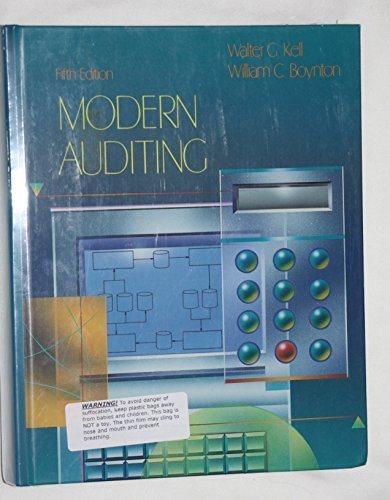A owns 100 shares of Humdrum Corporation which he purchased several years ago for $10,000. Humdrum has $12,000 of accumulated earnings and profits. What are the tax consequences to A on the liquidation of Humdrum Corporation in the following alternative situations: (a) Humdrum distributes $20,000 to A in exchange for his stock? 0,000 in year two? Would there be any (c) Humdrum dist Humdrum's stock were (d) Same as (c), above, except the installment obligation was received two years ago and no payments have yet been made. (e) What result in (a), above, if two years later, A is required to pay a $5,000 judgment against Humdrum in his capacity as transferee of the corporation? Compare this with the result if the judgment had been rendered and paid by the corporation prior to the liquidation. See Arrowsmith v. Commissioner, 344 UTS. 6. 73 S.Ct. 71 (1952). A owns 100 shares of Humdrum Corporation which he purchased several years ago for $10,000. Humdrum has $12,000 of accumulated earnings and profits. What are the tax consequences to A on the liquidation of Humdrum Corporation in the following alternative situations: (a) Humdrum distributes $20,000 to A in exchange for his stock? (b) What result in (a), above, if A receives $10,000 in the current year (year one) and $10,000 in year two? Would there be any problem if Humdrum does not adopt a formal plan of complete liquidation in year one? (c) Humdrum distributes $8,000 cash and an installment obligation with a face and fair market value of $12,000, payable $1,000 per year for 12 years with market rate interest. The installment obligation was received by Humdrum two months ago, after the adoption of the plan of liquidation, on the sale of a capital asset. Would the result be different if Humdrum's stock were publicly traded? See I.R.C. \$453(k). (d) Same as (c), above, except the installment obligation was received two years ago and no payments have yet been made. (e) What result in (a), above, if two years later, A is required to pay a $5,000 judgment against Humdrum in his capacity as transferee of the corporation? Compare this with the result if the judgment had been rendered and paid by the corporation prior to the liquidation. See Arrowsmith v. Commissioner, 344 U.S. 6, 73 S.Ct. 71 (1952)










